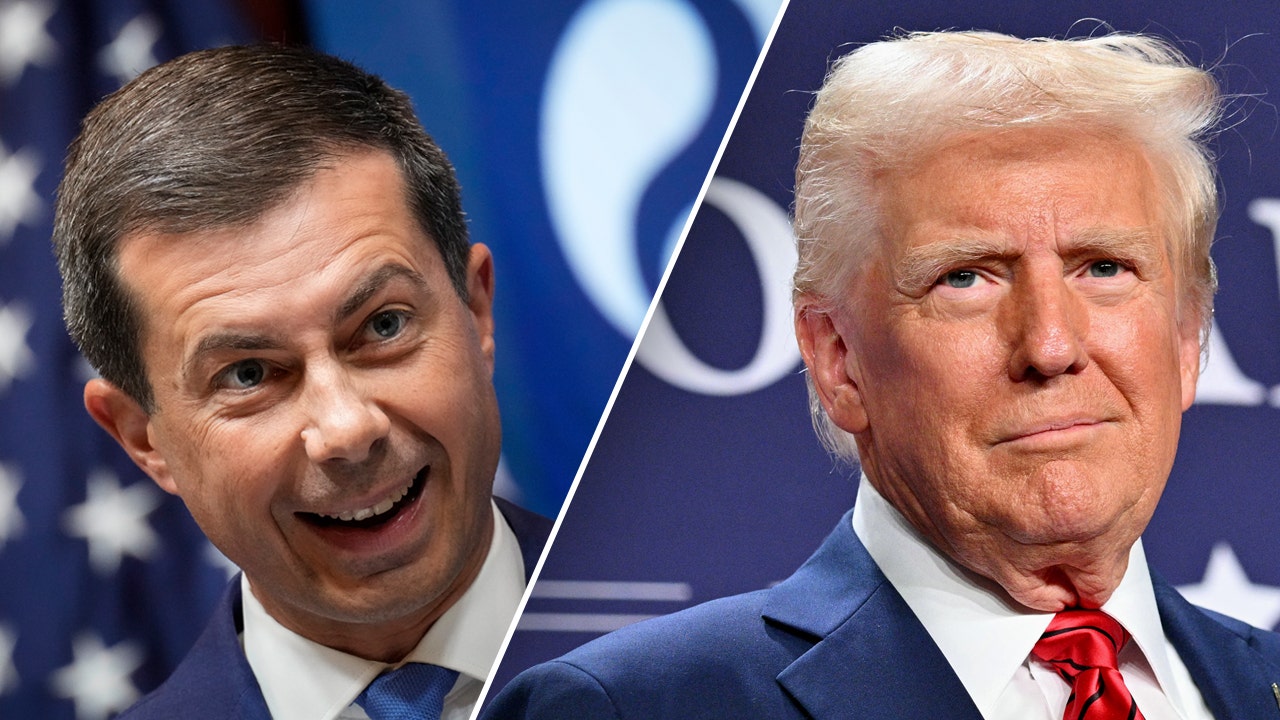Tedros Adhanom Ghebreyesus said in a tweet posted this on Tuesday WHO worked with local authorities to stop the kidnapping of Dr. To investigate Mahamadou Diawara, who had worked for the agency in the city for about three years, “and to ensure that our colleague is quickly returned to his family”.
WHO said in a statement that he has “led efforts to bring health care to communities that are often remote and at risk of insecurity and violence.”
The driver of his car was also attacked but not kidnapped and is said to be recovering from the incident.
“The motive for the kidnapping is currently unclear,” said the WHO.
Support for those forced to flee is dwindling
In another sign of the greater instability still gripping much of Mali, the UN refugee agency (UNHCR) earlier called for increased support by the international community for those recently displaced in the North West African nation, where ongoing violence and threats from armed groups have forced both local Malians and refugees to flee to safety.
Mohamed Toure, UNHCR representative in Mali, told a news conference in Geneva that a vacuum had emerged since the end of a counter-insurgency operation led by the French military against Islamist militants.
“In this vacuum, we don’t have any state authorities in this region right now, so it’s really in the hands of armed groups, terrorist armed groups, who are really spreading terror, spreading killing, spreading rape and causing misery.”
Operation Barkhane was an initiative that began on August 1, 2014 and officially ended on November 9, 2022. It was led by the French military against Islamist groups in Africa’s Sahel region.
The operation was carried out in cooperation with five countries spanning the Sahel: Burkina Faso, Chad, Mali, Mauritania and Niger. France began withdrawing its troops from Mali last February.
Displaced women prepare food at an informal camp in Bagoundié, Mali.
Long-term refugees are walking again
The number of refugees from these countries has increased significantly in recent weeks, “including those who have been on the run for quite a number of years,” Mr Toure said.
Gao, Timbuktu and Kidal are some of the cities where the refugees are currently fleeing for safety. UNHCR and its partners are supporting local authorities in responding to the needs of displaced people by providing them with shelter, education, food and water supplies, and cash for economic empowerment.
“We are talking about almost half a million people who need assistance to be displaced,” said the UNHCR representative in Mali.
3 million needy
“Moreover, of course, in Mali we have nearly three million people in need of humanitarian assistance,” he added, and only 38 percent of the assistance requested over the past year has been provided.
UNHCR said they had taken in more than 60,000 refugees in Mali by the end of December, including 25,000 from Burkina Faso. Meanwhile, around 440,000 Malians remain internally displaced due to ongoing violence and threats from armed groups.
Mr Toure said refugees have often received testimonies from refugees and IDPs who reported the presence of foreign fighters “involved in these conflicts”.
Show more solidarity
As the plight of displaced people continues to be dire, UNHCR calls on the international community to show greater solidarity with displaced people in Mali and neighboring countries to continue providing life-saving assistance.
He pointed to a “kind of Mali fatigue” in terms of fundraising and assistance that “drastically reduces” the level of assistance to vulnerable families fleeing.





